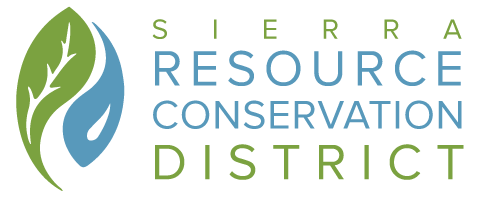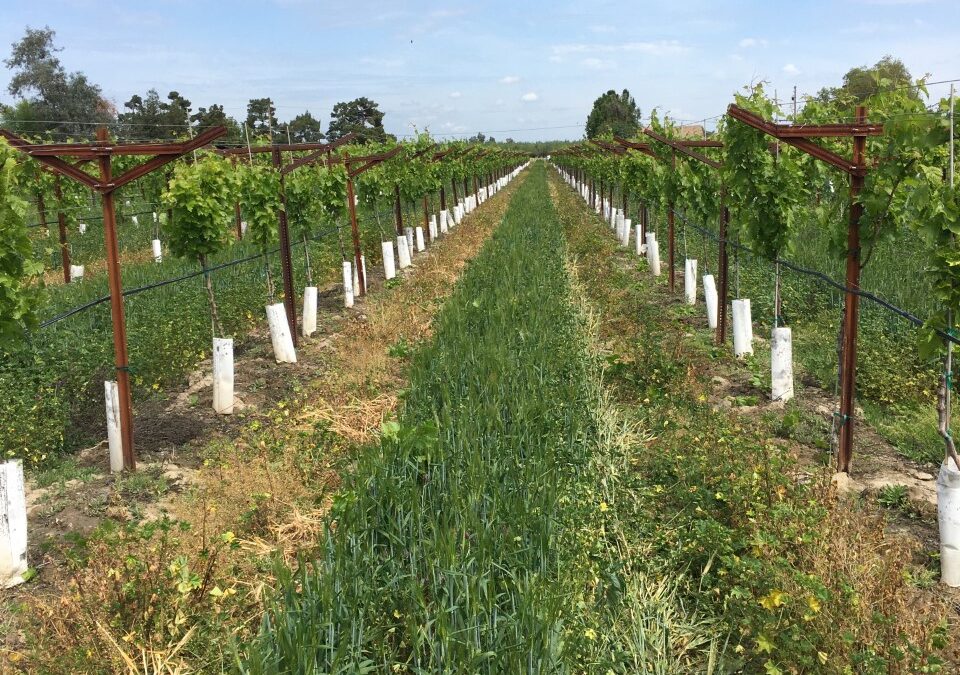In the small town of Easton, California, second-generation farmer Steven Cardoza owns and operates acres of organic raisins. Ranging from six different types, Steven is passionate about what he does. He sits on the California Certified Organic Foundation board and is aiming to receive his regenerative agriculture certification. The organic approach on his family’s raisin farm began with his father, who made the initial switch. He expressed his father’s health effects due to the chemicals they would use on their raisins and other surrounding farms. His concern for his family’s health and the consumer’s health is what pushed him to begin their organic farming journey.
Steven talked about the struggles he and his father had to endure throughout the years but expressed that he is proud of where they are now. It is impressive to hear Steven talk about the day-to-day operations, including managing the cover crops, feeding the raisins, and grant writing, which Steven does himself. He is adamant about submitting as many grants as possible and promptly, even though the results don’t always end in a yes. The implementation of various grants Steven has received shows results. He tends to stand out for the practices he has implemented and receives attention for what he is doing. He appreciates this and hopes that he will get others to follow in his footsteps and be a difference.
The Cardoza farm is thriving and well even with the ongoing water challenges in the Central Valley. His yields and raisin grade were terrific in the last year, and he is very grateful for that. He credits his success to the practices he has implemented and the new methods he is always willing to try.
Steven does recommend listening to John Kempf, who is passionate about well-managed agricultural practices and regenerative agriculture. He says he has learned a lot from him and thinks it is a great place to start for individuals who are ready to be a part of the change or interested in learning more about it.
Q&A Session with Organic Farmer Steven Cardoza
Q: How many acres is your farm?
A: 300 acres
Q: What types of raisins do you grow?
A: Nearly all varieties – Selma Pete, DoVine, Fiesta, Thompson, Zante currant, and Kalem 93
Q: What regenerative agricultural practices have you implemented?
A: Cover crop every row, hedgerow, conservation tillage, mulch, compost
Q: What are your grades on the raisins you grow?
A: Grades are 60-90 maturity, sub 10 moisture, no mold
Q: How long has your farm been organic?
A: It has been organic since 1999
Q: How long has it taken the farm to get to where it is now?
A: In the last few years we have really moved things in the right direction – mostly due to new technologies and regenerative practices.
Q: Do you have any tips for other farmers who may want to begin organic farming?
A: The biggest tip is to find a mentor.
Q: What are some of the benefits you have had as an organic farmer?
A: Premium for the crop (organic bonus) and the organic community is full of inspiring people
Q: Are there any negatives or challenges as an organic farmer?
A: Every input is more expensive and less effective
Q: Do you have any words of encouragement for current or future organic farmers?
A: Organic agriculture is extremely challenging, and it takes a tremendous level of commitment, but right now there is more information and resources than ever before. If you surround yourself with the right people, you will succeed.


Recent Comments